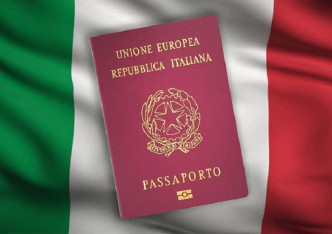lawyer, 23 years of experience in enforcement.
The procedure for canceling measures to secure a claim.
The court may, by its decision, invalidate actions taken to achieve the goal on its own initiative or at the request of a party.
The decision to cancel or refuse to cancel measures aimed at securing a claim or exemption from securing a claim may be appealed.
The refusal to cancel the security of the claim does not prevent the repeated application with the same request when new situations arise that require the cancellation of the security of the claim.
In the case of leaving the claim without consideration, closing the proceedings in the case without consideration of the claim or refusing to pay the claim, the effect of the measures to ensure the claim is preserved until the relevant court decision is adopted.
Immediately after making a decision on the refusal to grant the petition, the court must execute the decision on the refusal to grant the petition. For this, a duplicate of the decision is sent to the applicant, all affected persons and planned or executed by the court, as well as state and other organizations involved in the request, these organizations must take measures to cancel the claim (Article 157 of the Civil Code).
1. The conditions, which are unconditional for the cancellation of security measures, are defined by the eighth part of Article 157 of the Civil Code:
1) the applicant's failure to submit an appropriate statement of claim in accordance with the requirements of Part 2 of Article 153 of the Code;
2) return of the statement of claim;
3) refusal to grant a motion to open proceedings.
2. Other grounds for cancellation of security measures by the court are: petitions of the parties or other interested persons or the court's initiative.
- - the reasons for the claim were absent or no longer relevant;
- the court ignored the procedure for consideration of the request for securing the claim by issuing a decision.
- if the order of defense of the claim chosen by the court is not proportional to the stated demands of the plaintiff;
- the court did not take into account the combination of rights (interests), the protection of which the applicant requests, with the negative consequences of taking actions to ensure the interests of the applicant.
The court monitored the progress of the case, making sure that the claim is not subject to satisfaction in cases specifically provided for by law (Part 3 of Article 151 of the Civil Code).
Individuals who are private individuals. Persons subject to private law have the right to compensation for damages caused by the enforcement of the claim at the expense of the claimant, if their rights or interests are protected by law.
This rule does not apply to those in power. Damages are compensated in civil cases.
Legal service "Consultant" provides all types of legal services, including online legal services. Specialists of our service will make a legal analysis of the situation to determine the actions in the relevant situations and will help to collect the necessary documents and, if necessary, accompany the court proceedings.




































